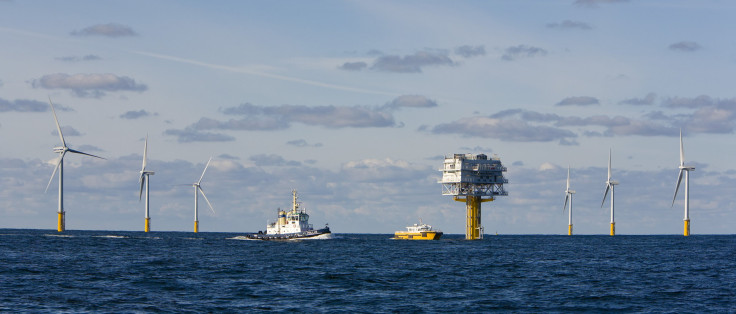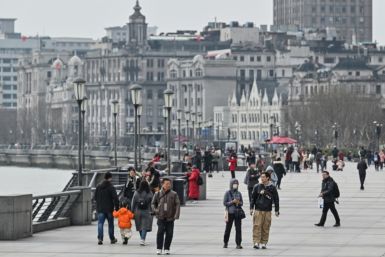Dutch rail network set to run entirely on wind energy by 2018

Under a new green energy contract, about half of the electric trains will run on wind power in The Netherlands in early 2015, and the railway companies and power suppliers aim to push the number higher within three years. The entire Dutch rail network is set to run 100 percent wind power by 2018.
Power company Eneco and energy procurement cooperative VIVENS signed the contract to provide the Dutch rail network with entirely renewable wind energy. Wind farms within the country and also in Belgium, and nearby Scandinavian countries will generate the energy for the electric trains.
Under the agreement, after half of The Netherlands’ rail network of electric trains started to run on wind power this year, 2015, which would rise to 70 percent in 2016 and 95 percent in 2017. The companies will push into a 100 percent network running with the renewable energy by 2018.
The deal has the potential to revolutionise the use of renewable energy in both the rail sector and other primary industries, which could aid to reduce carbon emissions, according to Michel Kerkhof, account manager at Eneco. Mobility is responsible for 20 percent of CO2 emissions in The Netherlands, and the project will offer all Dutch citizens the option to make a climate-neutral trip, regardless of distance, Kerkhof stated.
"What makes this contract and partnership unique is that a whole sector decreases its CO2 footprint enormously and sets an example for other sectors to follow," he said. “If we want to keep travelling, it is important that we do this without burdening the environment with CO2 and particulate matter.”
The companies hope to bring the carbon emissions down to zero, as before, the trains which carry 1.2 million passengers every day that would release about 550 kilotons of carbon dioxide. The wind farms were carefully selected by the officials and Eneco to fulfil the criteria of being traceable, sustainable, or probably renewable, Kerkhof said.
"This partnership ensures that new investments can be made in even newer wind farms, which will increase the share of renewable energy," he stated. With the project, the Dutch railways aim to reduce the greatest negative environmental impact caused by CO2 through a way that its demand actually contributes to the sustainable power generation in The Netherlands and Europe.
Contact the writer at feedback@ibtimes.com.au or tell us what you think below






